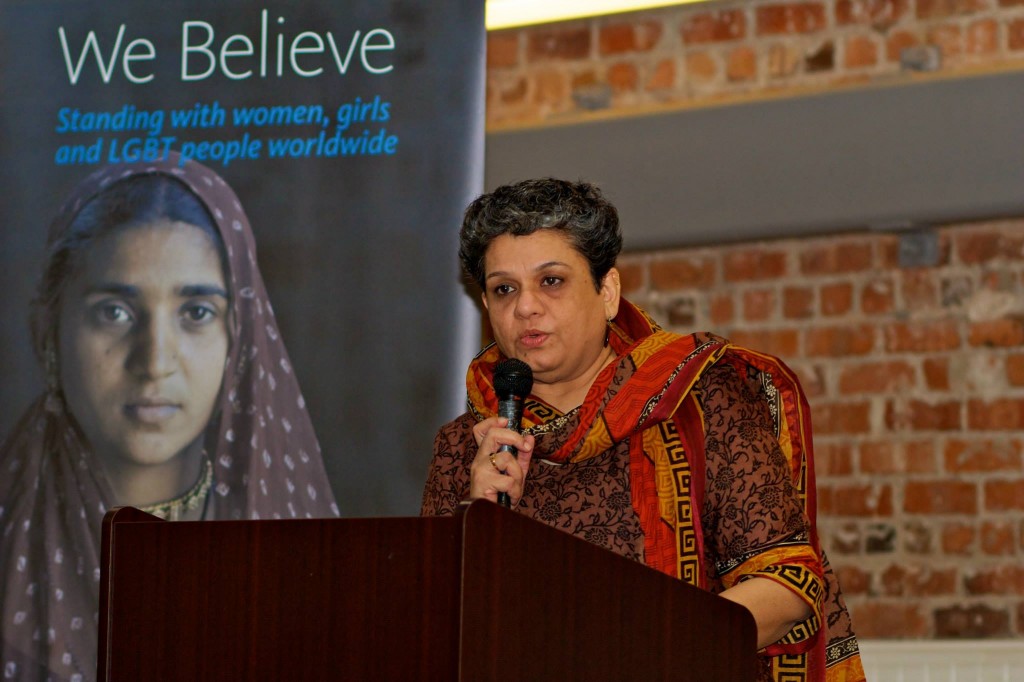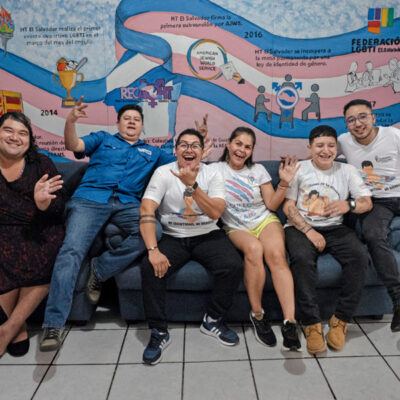Child Marriage isn’t just a women’s issue—it’s a human rights issue.

I walked into AJWS’s DC Action Team meeting in December to find a conference room with a delightful array of cheeses, crackers and fruit. There were pitchers of water on the table, hot coffee and tea. The chairs were nice and everything seemed comfortable, but I was about to get really uncomfortable.
Whenever I attend an AJWS event, I always feel productively challenged. That evening I was challenged by Dr. Manisha Gupte. Dr. Gupte is co-founder of Mahila Sarvangeen Utkarsh Mandal (MASUM), an organization supported by AJWS that works to help young men and women in western India learn about their rights and how to advocate for greater choices about their own futures. Rights and freedoms that we take for granted in the United States are not always respected and understood in Indian society.
Dr. Gupte shared stories about the lives of young men and women from the Dalit (“untouchable” caste) in western India. For a variety of reasons and pressures—including gender inequality, poverty and limited sexual health education, to name a few—many of them find themselves in early marriages. Getting married before the age of 18 often limits the opportunities for these children, especially for girls. The issue remains complex. Perhaps the most impressive part about MASUM is that, through its partnership with AJWS, the organization strengthens youth-led advocacy and empowers children to ask for and create change from within their own communities.
As Manisha spoke, I looked around the room with about a dozen women and realized that I was the only man. It was surprising that no other men had made the choice to be there that night. What did that say about the issue at hand? Was it strictly a women’s issue? I tended to think not, and frankly, from the talk that I had just heard, it seemed like men had a lot to learn and gain from their engagement in this conversation.
We were asked to reflect on what we had just heard and how it might impact what action we might take next. I recognized that there was a lot that I needed to learn, and because of what I had heard, I was willing to learn more in order to make a difference. Dr. Gupte had left us with a final thought that really stuck in my mind. “I don’t think women need protection; women’s rights need protection,” she said. Protecting human rights is the bottom line, and is something that people of all genders can—and should—support. All of us, regardless of gender, have a stake in ensuring equal protection for all people’s dignity and human rights.
Andy Kirschner is a member of AJWS’s DC Action Team. AJWS Action Teams mobilize advocates for global justice throughout the United States, helping to create lasting policy change that benefit many of the most marginalized people in the developing world. To get involved, email webelieve@ajws.org.
AJWS’s We Believe campaign is mobilizing American Jewish and other supporters of human rights to demand that the U.S. Congress fully fund efforts designed to end child marriage in the developing world. Learn more and get involved with our We Believe campaign.


